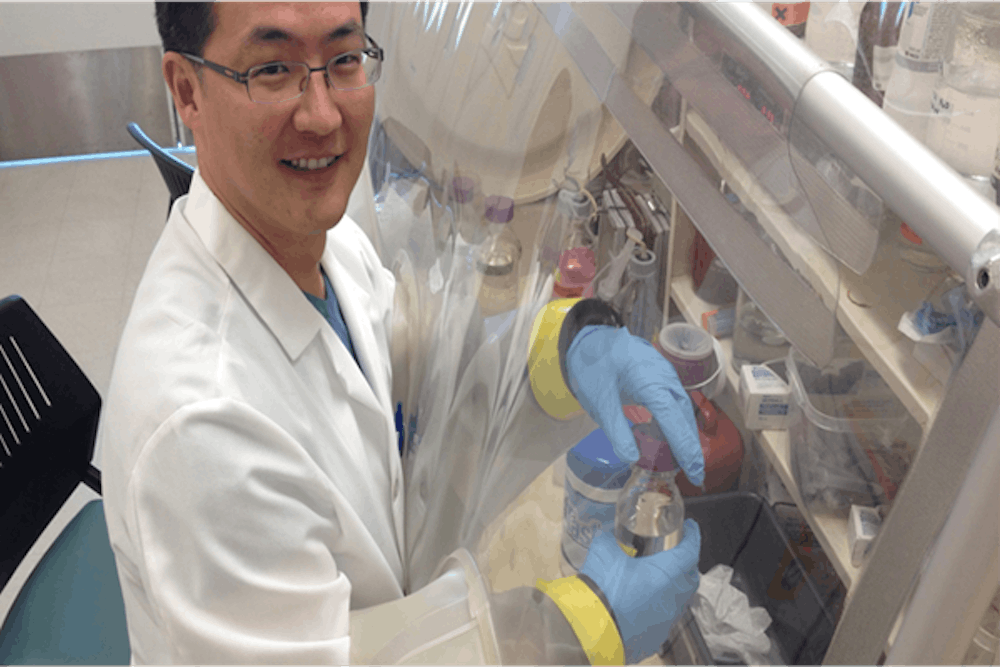Researchers at ASU are challenging common assumptions about autism by looking at gastrointestinal bacteria as a possible cause for behavioral abnormalities.
Children with autism are six times more likely to suffer from gastrointestinal abnormalities than children without autism, according to a 2013 study conducted by Davis’s MIND Institute.
Although an undeniable cause-and-effect relationship between gastrointestinal problems and autistic behavioral abnormalities has yet to be established, there is some evidence that suggests its existence.
James Adams, an engineering professor at the Ira A. Fulton Schools of Engineering, is the self-described “driving force” behind the autism research study.
Adams, whose research was inspired by his daughter who is on the autism spectrum, drew parallels between gastrointestinal bacteria in children with autism and some types of abnormal gastrointestinal bacteria in animals.
“An extreme example among animals is a gut bacteria that lives in mice,” Adams said.
He explained how a type of bacteria that lives in the gastrointestinal tract of cats occasionally infects mice, causing them to lose their sense of fear and wander into open areas they would normally avoid.
“It’s incredible that these bacteria can affect their hosts’ thinking,” he said.
After publishing a paper three years ago on the subject of gastrointestinal problems in children with autism, he said he has been waiting for the opportunity to do something about it until now.
Adams said the first group of patients that will receive the experimental treatment on which he has been working is scheduled to begin the treatment process at the end of September.
In just a couple of weeks, patients enrolled in the study will begin taking medication to clear their gastrointestinal tracts of their native bacteria, and after that, they will receive a high dosage of purified gut bacteria from a healthy donor, bioengineering professor Rosa Krajmalnik-Brown said.
She said she will continue to monitor the bacteria’s progress after this dosage for over two months and compare it to the bacteria in the gastrointestinal tract of healthy children.
Krajmalnik-Brown said she has high hopes for the study and the results it yields.
“I have a big passion for working with kids with autism,” she said. "One of the reasons I got into environmental engineering is because I wanted to help people."
Sharon McDonough-Means, a developmental pediatrician who practices in Tucson, has been charged with the patient-care aspect of the study.
She has been enrolling patients for the study while Krajmalnik-Brown, an engineering professor at ASU’s Biodesign Institute, handles the bacteria analysis.
“I see a lot of children with autism,” she said. “I know good and well how impairing these gut issues can be. Not only do they cause discomfort, they often interfere with sleep. They then certainly interfere with behavior and learning development.”
McDonough-Means estimated that 90 percent of her patients on the autism spectrum have gastrointestinal problems, which range from chronic stomach pain and diarrhea, to vomiting and weight loss, to constipation and gas.
"There is the hope that we will gain some more insight, based on the results of this study, on the cause of this difficulty in this group of children, and perhaps even a link to the cause of autistic disorder," McDonough-Means said.
Reach the reporter at megann.phillips@asu.edu or follow her on Twitter @megannphillips
Correction: A previous version of this article incorrectly stated the name of the Ira A. Fulton Schools of Engineering.




